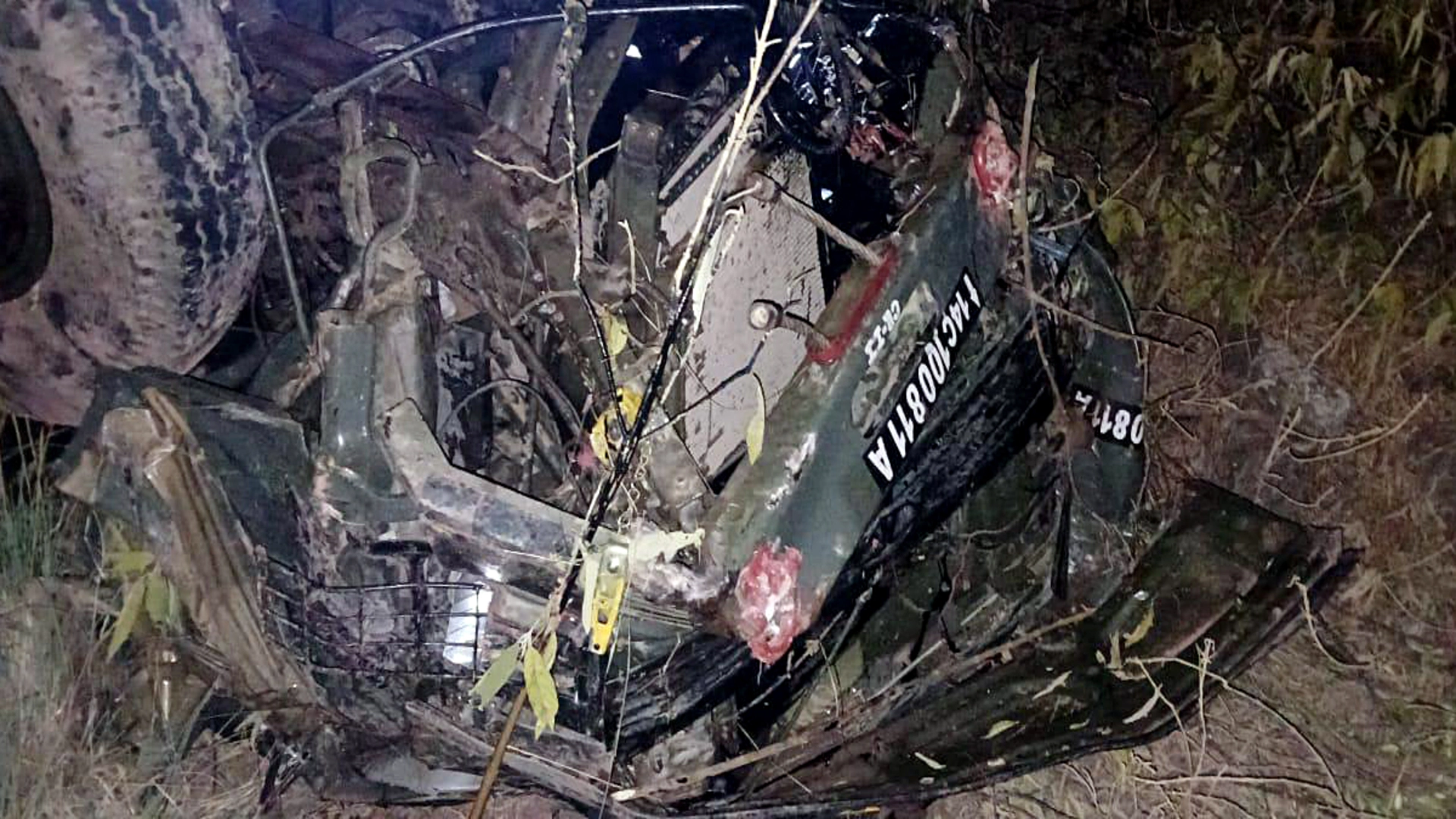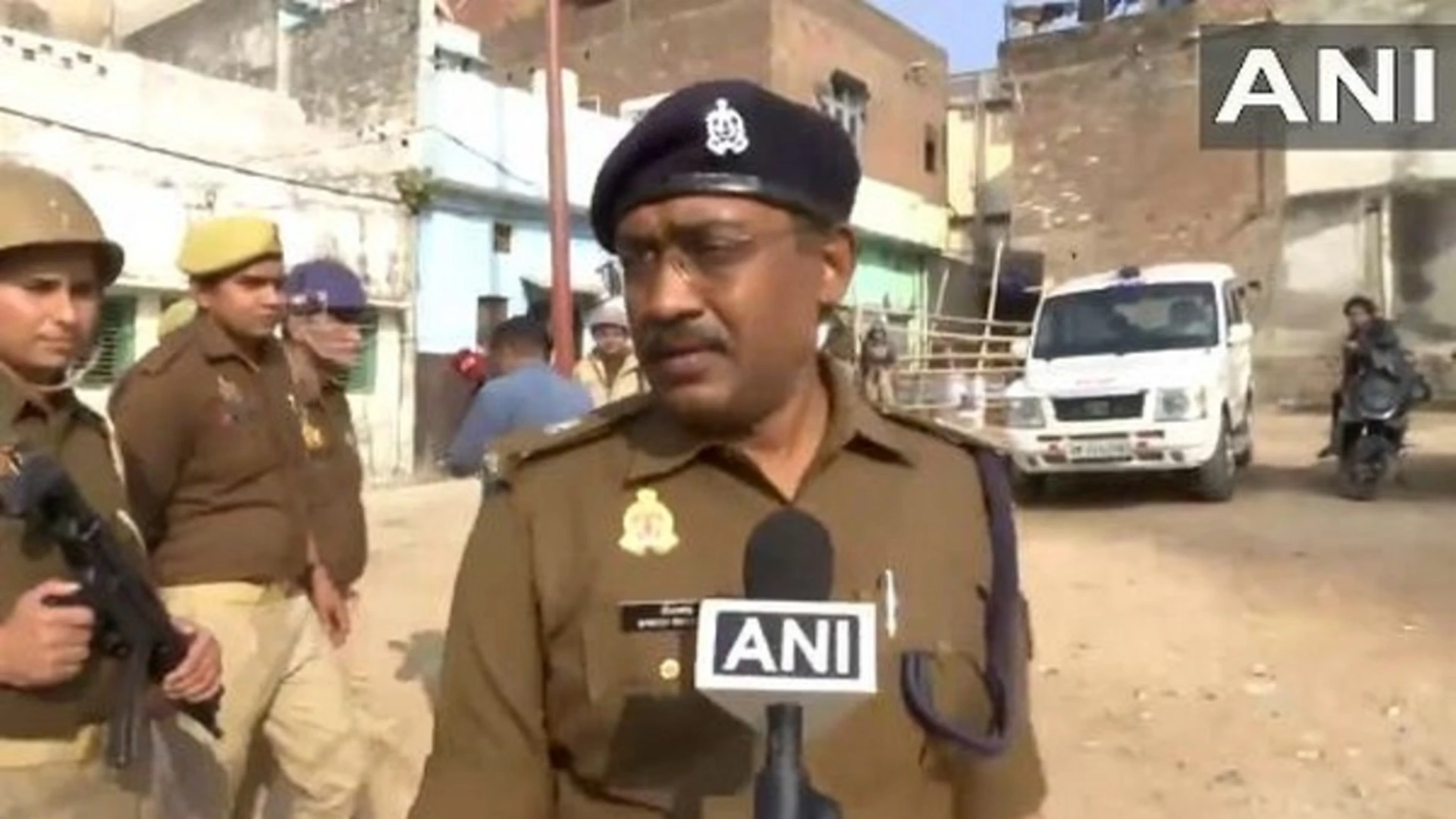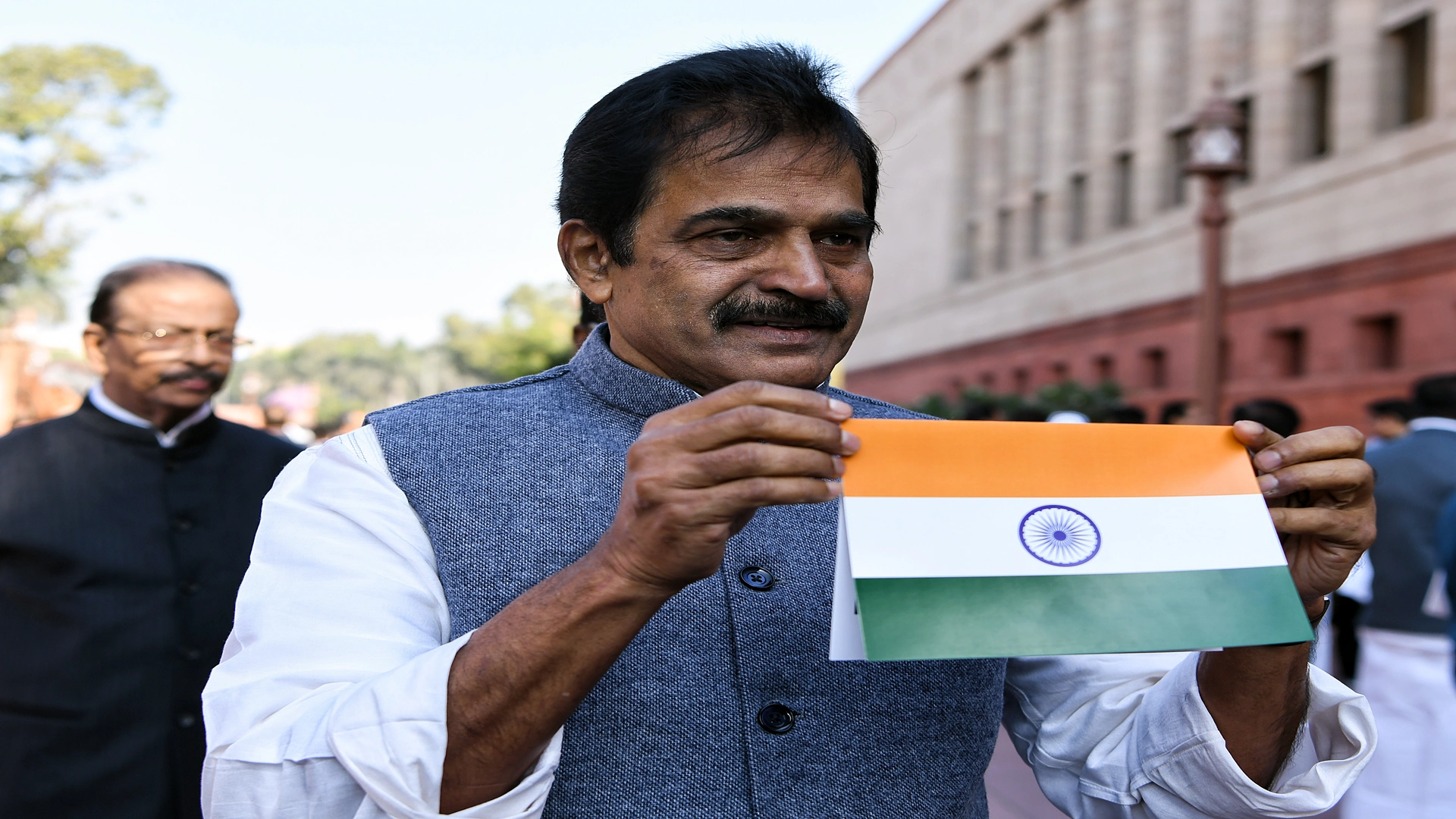It was as if a malevolent spirit made up its mind to devote all its time to rolling up construction dust, traffic fumes, and spittle bombs into tight little wads to assault my husband with, the moment he walked out the door. Succumb! Succumb! It shouted at his back. Well. My husband succumbed. Or rather his lungs did.
A doctor suggested using a nebulizer every few hours, and I was determined to find one before we turned in for the night. Which is why I ignored the monotonous whining of a little person somewhere near my left skirt pocket – didi do na, didi do na. My head, you see was buried in the Google map that promised a pharmacy would materialize within three minutes of making a left at the hotel. I had already walked for nine.
When a slight pressure from tentative fingers was added like a little drumbeat to the didi do na didi do na, I finally glanced down at the voice donning my most affronted look.
Leave me alone! I wanted to yell. But did not.
She was a girl child, about seven. Maybe nine. Or ten. How can one tell? They have no flesh on them after all, these waifs. A random assortment of rags, a clatter of bones, hair of straw. Eyes of stone. Stick figures so ubiquitous they are rendered invisible.
“Give her and suddenly ten more will appear out of the woodwork.”
“You NRIs are such saps. You are encouraging the beggar industry.”
“Right around the corner is the shrew’s boss. He is the one who will get your money.”
“Don’t give. You are simply enabling their lazy habits.”
I knew all the arguments. Had heard them before a million times. It was the last one that always stuck in my craw like sputum. Is giving a euphemism for enabling? Or is it simply an argument to justify uncharitable behaviour?
The finger-drumming had become a little more persistent. As if the little girl could hear my conflicting thoughts. As if she knew her window of opportunity was fast closing. Didi do na… didi do na she droned willfully (or not) adding a trace of desperation.
In my head, the arguments against giving threatened to muffle her breath. But right bang in front of me – not in a movie poster, not in a fund-raiser ad, not on social media – was a stick child. Who could use some soup. Or some dal-chaval. Milk. Bread. Whose fingers were so thin, they could break like twigs.
I delved into my pocket. I found a bill. By the light of the neon-lit tavern, I could read the exact price I had paid for a Pan-Asian meal at the hotel only an hour before. Rupees seven thousand and ninety – two beers, soup, dim sum, spicy lamb, crispy lotus roots, tiramisu.
I held out rupees twenty. She plucked it out of my hand. Clenched it tight like a dog with an unexpected bone. About to turn away, I happened to look at her more fully.
Those almond eyes. Those pouty downward-turned lips. Those high cheekbones. My heart lurched. What will become of so much beauty? What will happen to her? The tavern lights shuddered in the predatory air. A motley group of men emerged like obscenities in the night. At a glance, they took in my face, my body and moved on. Mercifully, the girl-child caked in dirt remained unseen.
What will become of her in five years? Ten? Clad in nothing but the will to live, will her stubborn didi do na didi do na mantra help her survive and strengthen and mature despite the storms that will surely tear at her? Will she, like Cinderella find a prince, or a career in modelling, or a philanthropist to dig her out of the mire, give her (enable) an education, a warm bed, three meals a day, a shower? Or was she fated like the firefly to emerge luminescent in the clammy night only to be crushed underfoot like a bug in the light?
I was still looking down at her, creased with worry when she sighed out of sight.
Oh well. Time to move on with Mission Nebulizer.
Poonam Chawla was born and raised in Mumbai where she worked as a
copywriter before she moved to the United States. She is deeply interested in women’s issues. She is the author of three books.







